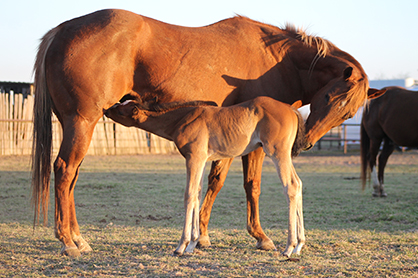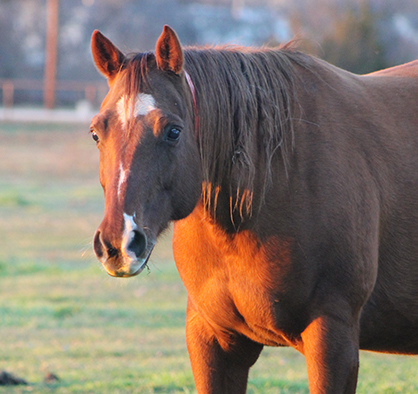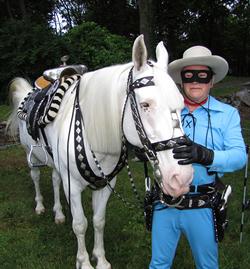Arena Footing Basics 101- Part II
January 27, 2015 Comments Off on Arena Footing Basics 101- Part II
There are six main types of surfaces for horses available in the U.S. – fibers, sand/ mix, dirt, wood products, rubber, and wax-coated (often referred to as all-weather). These days, PVC and rubber are less popular choices as they tend to “ride deep” in dry periods.
Continue reading …Feeding Your Horse to PREVENT Ulcers
January 26, 2015 Comments Off on Feeding Your Horse to PREVENT Ulcers
Unlike in the human, the horse’s stomach secretes acid all the time, even when empty. Chewing creates saliva, a natural antacid. If left without food, horses will chew on whatever they can, even their own manure, to neutralize the acid that is causing them physical pain and mental discomfort. And if left with absolutely nothing to chew on, the horse will commonly develop ulcers.
Continue reading …Rutger’s Equine Science Horse Management Seminar- February 8th
January 22, 2015 Comments Off on Rutger’s Equine Science Horse Management Seminar- February 8th
This year’s seminar will feature discussions on pasture management from the nutritional benefits to fences to toxic plants.
Continue reading …Breeding Season Prep Basics: Mares
January 21, 2015 Comments Off on Breeding Season Prep Basics: Mares
Some experts say the ideal age for a maiden mare is between four to seven years, but a lot of show mares are just starting to hit their peak at those ages. If you’re waiting until your mare is older than seven, it’s important to work with your veterinarian as soon as you decide it’s time to start her second career as a mother.
Continue reading …
Hemp seeds are easy to find in stores that sell whole foods. Horses enjoy their palatable, nutty flavor. Adding ½ cup (providing 25 grams of protein) to your horse’s daily ration will boost the overall protein quality of his diet.
Continue reading …Keeping Your Older Horse Safe and Comfortable During Travel
January 16, 2015 Comments Off on Keeping Your Older Horse Safe and Comfortable During Travel
The aging process affects all horses, especially those traveling to shows and trail rides may face even more geriatric problems.
Continue reading …Equestrian Philanthropists Donate $42.5 Million to Colorado State University
January 15, 2015 Comments Off on Equestrian Philanthropists Donate $42.5 Million to Colorado State University
The largesse was inspired in part by stem-cell treatments the Malones’ world-class dressage horses have received to help repair stressed and injured joints, the couple said. They discussed the gift at their sweeping horse farm near Denver.
Continue reading …Hi-Yo Silver! Equine Star Treated For Squamous Cell Carcinoma of the Eye
January 15, 2015 Comments Off on Hi-Yo Silver! Equine Star Treated For Squamous Cell Carcinoma of the Eye
Protection from the sun is key for any light-skinned horse, Scherrer said. Especially susceptible breeds are Haflingers, Appaloosas, Paints, and Belgians.
Continue reading …2015 Horse Business Survey- Trends We’re Seeing So Far
January 13, 2015 Comments Off on 2015 Horse Business Survey- Trends We’re Seeing So Far
Trend #3. Horse professionals are having difficulty getting hobby riders to commit to more comprehensive programs i.e. following a successful and progressive learning track of taking regular lessons, moving on to leasing, then buying and (for some disciplines) onto competition.
Continue reading …Breeding Season Prep Basics: The Stallion
January 13, 2015 Comments Off on Breeding Season Prep Basics: The Stallion
There are two different approaches to collecting and evaluating semen—either collect the stallion every day for seven to ten days or rest the stallion (no collection) for a week and collect him twice on a certain day (comparing the quality of the second collection to the first).
Continue reading …







